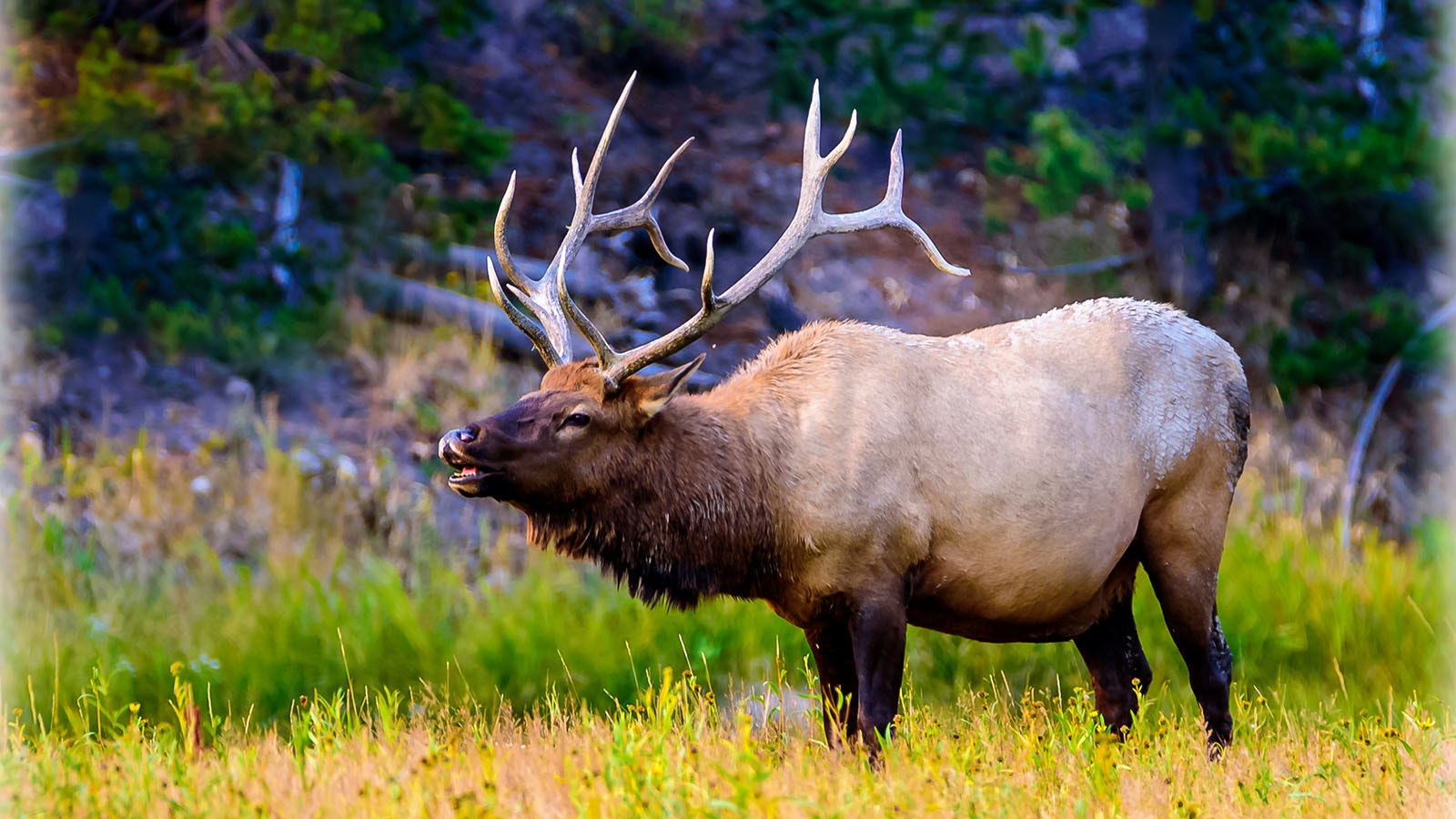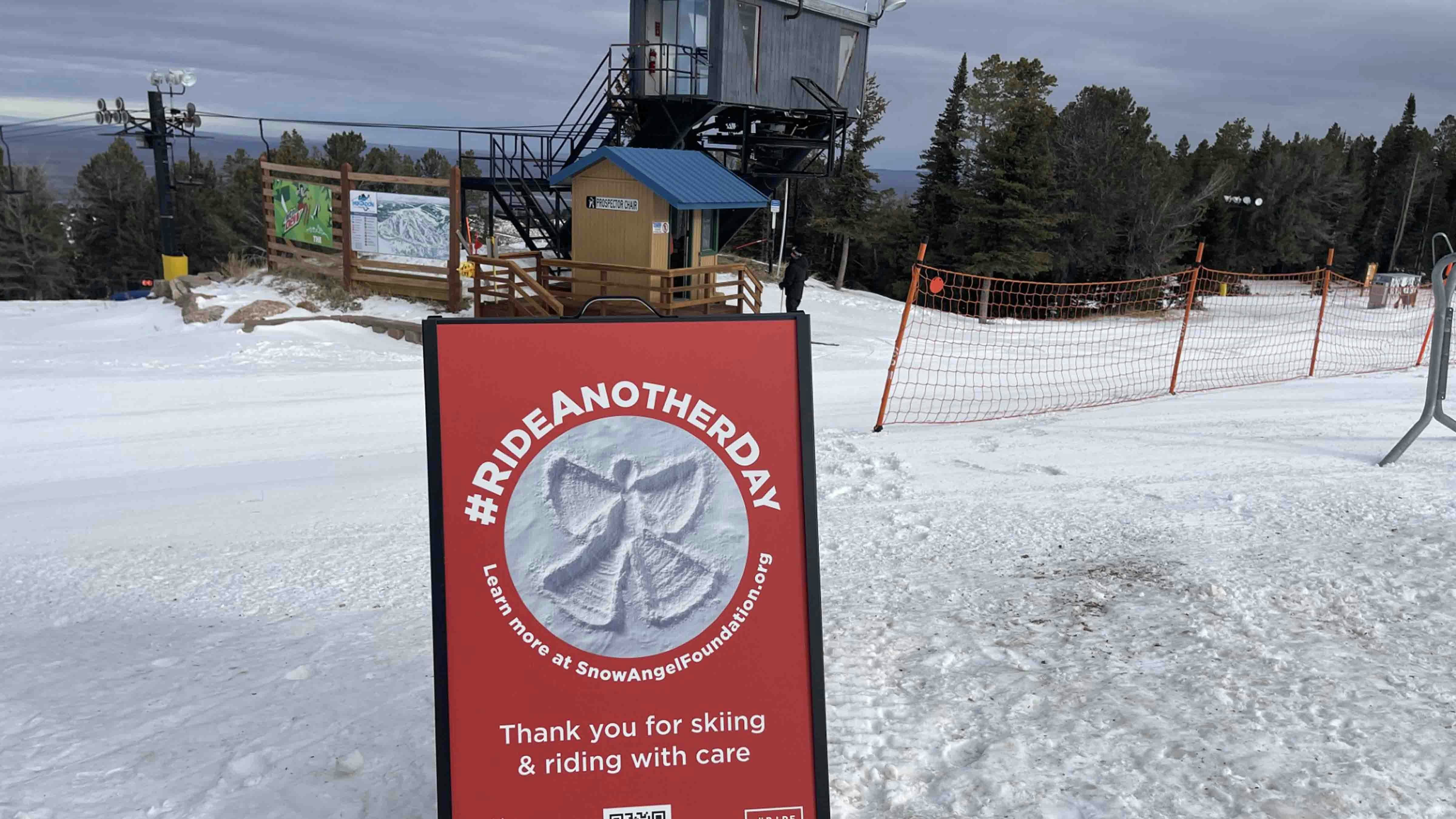A California man who let most of the carcass of a Wyoming elk he killed go to waste won’t be able to hunt anywhere in the continental United States or Alaska for two years, and was fined $6,790.
Lewis Cornell of Fullerton, California, recently pleaded guilty in Park County Circuit Court to a charge of waste or abandonment of a big game animal, according to the Wyoming Game and Fish Department. Fifth Judicial Court Judge Joseph Darrah handed down the sentence.
Wyoming, along with every other state except Hawaii, is part of the Interstate Wildlife Violator Compact. Under the compact, hunters convicted of crimes that cost them their hunting privileges in any participating state, they also lose hunting privileges in all the other states.
Left Most Of The Meat
Game Wardens claimed that Cornell killed a six-point bull elk last fall in the Wall Creek area near Wapiti. He packed out only the animal’s head and antlers, and later came back for the backstraps and one hindquarter, but left the rest of the carcass behind.
Wyoming law requires that hunters make every reasonable effort to recover all edible portions of any big game animals they kill.
Avid Wyoming hunter and conservationist Josh Coursey told Cowboy State Daily that he was pleased to hear about Cornell’s harsh sentence.
“That’s sending a message. It’s saying, ‘We’re not messing around. We value our wildlife resources in Wyoming and we have laws on the books to enforce that,” said Coursey, who is co-founder and president of the Muley Fanatics conservation organization.
Weak Effort
“Concerned citizens” reported seeing Cornell coming out with only the bull’s head and antlers, but no meat, according to Game and Fish. He later went back to retrieve the hindquarter and backstraps, but told wardens that the rest of the meat had spoiled.
Wardens reported that Cornell had failed to properly field dress the carcass or otherwise take steps to prevent the meat from spoiling, according to Game and Fish.
“If it was determined that there was a lack of effort (to retrieve all the edible meat), then there has to be accountability for that,” Coursey said.
It’s not always possible to immediately pack out all the meat from a big game animal like a large bull elk, particularly if it’s killed later in the day, he said.
However, hunters should have the know-how and patience to make sure the meat stays fresh, even if they must leave it overnight, he added. That usually entails cutting the edible portions off the carcass, putting them into breathable bags and hanging them from tree limbs.
In grizzly country — such as the Wapiti area — care must be taken when approaching the meat stash the next morning, to make sure a grizzly didn’t come in to claim it, he added.
So, whether it was because of lack of skill, or just plain laziness, there’s no excuse for leaving most of a carcass to spoil, Coursey said.
Meat Can Be Donated
Most hunters in Wyoming are after meat for the family freezer, Coursey said. But even those few who don’t want to keep the meat are still obligated by law to retrieve it.
It’s illegal to sell wild game meat, but it may be given away or donated, he added. Many meat processors in Wyoming have a list of charitable organizations that game meat can be donated to.
So, letting game meat spoil in the field is a shame, he said, because it could have fed somebody’s family or the needy.
“It (the meat) has to be of the utmost priority, if you’re going to take the life of a wild animal, Coursey said.
Mark Heinz can be reached at mark@cowboystatedaily.com.





